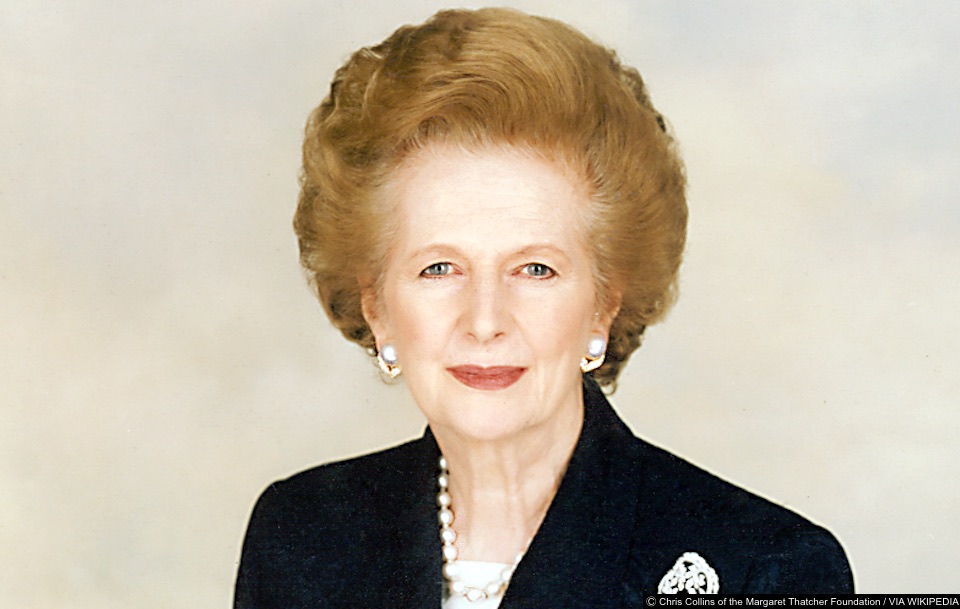We look at the legacy of gay rights during the time Margaret Thatcher was the British Prime Minister.

Margaret Thatcher was in power during 1979 and 1990. It was during this period that gay people suffered the worst healthcare crisis, thanks to AIDS and HIV, the Government’s response was markedly better than that of the US’s.
However, Ms Thatcher was hesitant on some of the languages surrounding the information campaign which would be communicated to the citizens of the UK. In annotations on official documents distributed by Norman Fowler, the Secretary of State for Social Services, Thatcher asked, “Do we have to have the section on risky sex? I should have thought it could do immense harm if young teenagers were to read it”.
During Thatcher’s time in power, a new law aimed specifically at those in education was adopted in 1988 called Section 28 in the UK and Section 2A in Scotland. This law prohibited teachers from “intentionally promoting sexuality” or talking about same-sex relationships in any way that would equal them to traditional families.
Needless to say, this policy undoubtedly added to the confusion and fear surrounding HIV and AIDS amongst the younger generation and possibly put back its decrease for decades.
After her time as the country’s PM, Thatcher voted negatively on a number of bills affecting the lives of LGBT people in Britain, including adoption rights for same-sex couples, she also voted yes on the Human Fertilisation and Embryology Bill, which requires the need for a father and voted yes on timescale conditions of the repeal of Section 28.
She was absent for a number of votes including, The repeal of Section 28 and on the Equality Act (Sexual Orientation).
Did her government pass any anti-gay laws during Margaret Thatcher’s Premiership?
Yes, in 1988, the Government of the day introduced a piece of legislation called Section 28. This law fundamentally restricted people working for the local education authorities from talking about any sexuality other than heterosexuality to school age children. It was a very similar law to the one that Russia passed in June 2013.
What did Margaret Thatcher say in her Anti-Gay Speech
Ms Thatcher barely spoke publicly about homosexuality during her time as PM. In fact, there’s only one speech that she made in which she spoke about homosexuality. It’s widely regarded as her anti-gay speech. This section is just a small portion of a much larger and longer speech, the topics of which reached further than education.
During a speech to the Conservative Party Conference in 1987, Thatcher spoke directly about homosexuality, saying,
“To compete successfully in tomorrow’s world—against Japan, Germany and the United States—we need well-educated, well-trained, creative young people. Because if education is backward today, national performance will be backward tomorrow.
But it’s the plight of individual boys and girls which worries me most. Too often, our children don’t get the education they need—the education they deserve.
And in the inner cities—where youngsters must have a decent education if they are to have a better future—that opportunity is all too often snatched from them by hard left education authorities and extremist teachers.
And children who need to be able to count and multiply are learning anti-racist mathematics—whatever that may be.
Children who need to be able to express themselves in clear English are being taught political slogans.
Children who need to be taught to respect traditional moral values are being taught that they have an inalienable right to be gay
All of those children are being cheated of a sound start in life—yes, cheated.”.
https://www.youtube.com/watch?v=8VRRWuryb4k
Positive steps
During the vote to decriminalise homosexuality 51 years ago this year, Ms Thatcher, way before she was Prime Minister, voted to decriminalise it.


